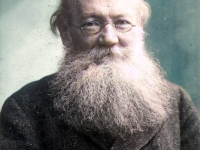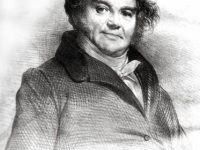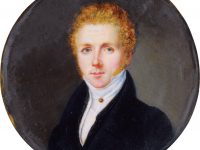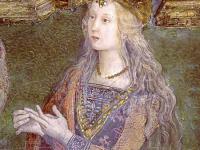Pjotr Kropotkin and the Theory of Mutual Aid
On December 21, 1842 (or December 8, according to the Gregorian Calendar), Russian geographer, economist, activist, philologist, zoologist, evolutionary theorist, philosopher, writer and prominent anarchist Prince Pyotr Alexeyevich Kropotkin was born. Besides being a political person, his main scientific contribution is the publication of his theory of mutual aid, voluntary reciprocal exchange of resources and services for mutual benefit as a counter model to the historic concept of an autonomous individual, the…
Read more








